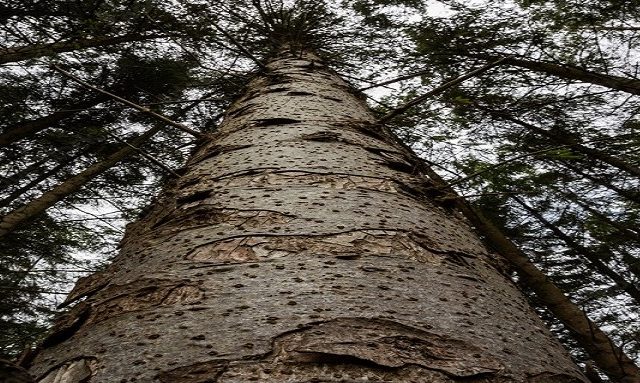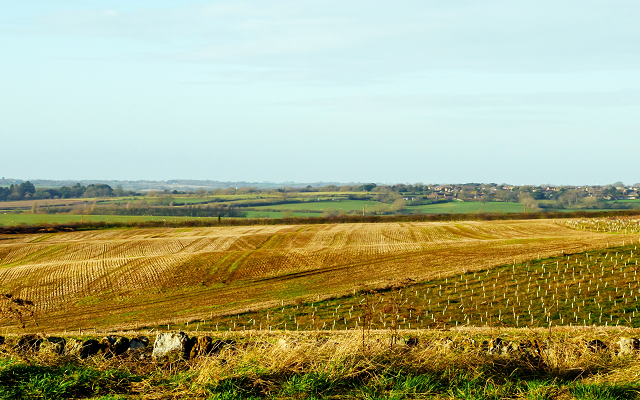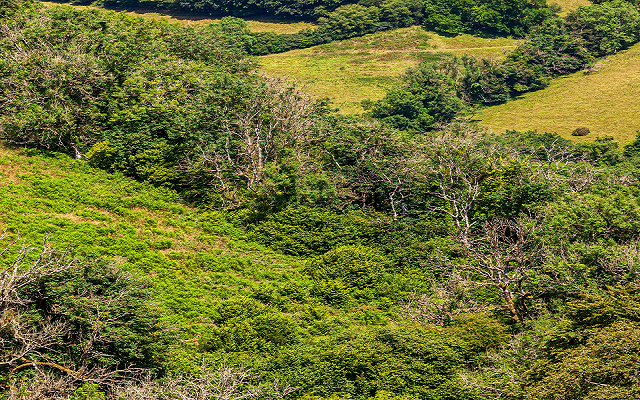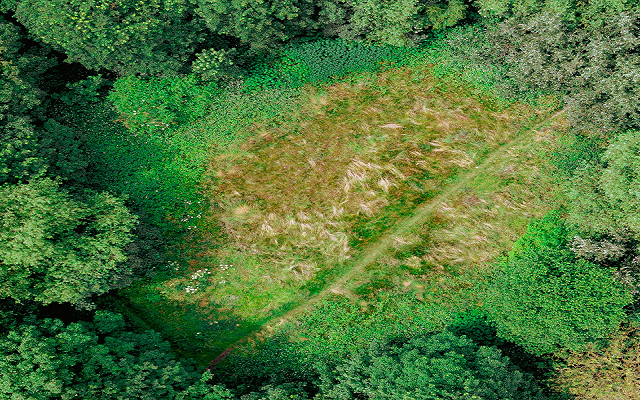Fresh thinking needed to unlock woodland creation
The implementation of bold and innovative ideas will be required if the government is to hit its tree planting targets within the timeframe that has been set out in the recent England Trees Action Plan.
The sector has an incredible opportunity to make a positive difference in helping to combat climate change, improve biodiversity and open up public access.
But a new approach is needed in some key areas to help unlock the land and finance necessary to meet the goal of increasing tree planting in England to 7000 hectares per annum by the end of the next Parliament (May 2024).
To reach government targets we need to see planting at a scale not seen for 30 to 40 years and this will require a mix of large-scale and smaller schemes. We will not get there unless an honest discussion is had to enable the barriers to tree planting to be overcome.
Financial capital is not lacking or difficult to raise for large-scale, well-designed, commercial forestry projects. Nor is the availability of finance a barrier to broadleaf woodland creation, thanks to a combination of grants and carbon income.
The main barrier to unlocking future woodland creation is the availability of land for purchase and planting.
BARRIERS TO WOODLAND CREATION
A range of complex reasons need unpicking as to why land availability for new woodland creation is constrained – a combination of landowners’ concerns about a permanent land use, uncertainty around agricultural regulation and support post-Brexit, public perception of softwood plantations and wildlife constraints.
Regulation is, of course, needed to ensure woodland creation is carried out sensitively, but processes could be improved. For example, there should be substantial investment in wildlife constraint mapping to guide afforestation efforts away from the most sensitive sites and towards areas with a “presumption in favour”.
Landowners could also be offered a service where their land could be pre-screened for its suitability for planting without requiring any financial or time commitment from them.
A national publicity campaign which raises public awareness of the UK’s reliance on imported timber, alongside the associated traceability and sustainability issues, might also help to improve the perception of softwood plantations.
The UK is the second largest importer of timber in the world, second only to China. Expanding commercial forestry planting is an opportunity to reduce our dependency on imports and cut the carbon footprint of building materials – demand for which is at unprecedented levels. The planting, maintenance and harvesting of woodland also creates sustainable long-term employment in remote rural areas.
I believe we need a national conversation about land use priorities and the need for landscape change if we are to meet the challenges of the coming decades in terms of food production, energy, wildlife, timber and carbon sequestration in our countryside.
We need to offer an attractive and engaging vision of how a more wooded landscape could look in areas of the UK which have been tree-less for many centuries and that could deliver a more diverse economy and ecology.
The Accelerating Woodland Creation & Management Conference is a two-day online event (26-27 May), organised by Ecosystems Knowledge Network, of which Strutt & Parker and John Clegg & Co are headline sponsors. For more details visit EKN’s website.






